Estimated reading time 9 minutes, 50 seconds.
A brand new institute at the University of Waterloo will harness the power of academia to address social, environmental, and economic challenges threatening the sustainability of aviation and aerospace.
The Waterloo Institute for Sustainable Aeronautics (WISA) – officially approved by the university Senate on June 21 – will serve as a portal for industry stakeholders to access the university’s extensive knowledge network. The new organization will be led by Dr. Suzanne Kearns, associate professor of aviation at the University of Waterloo in the Faculty of Environment.
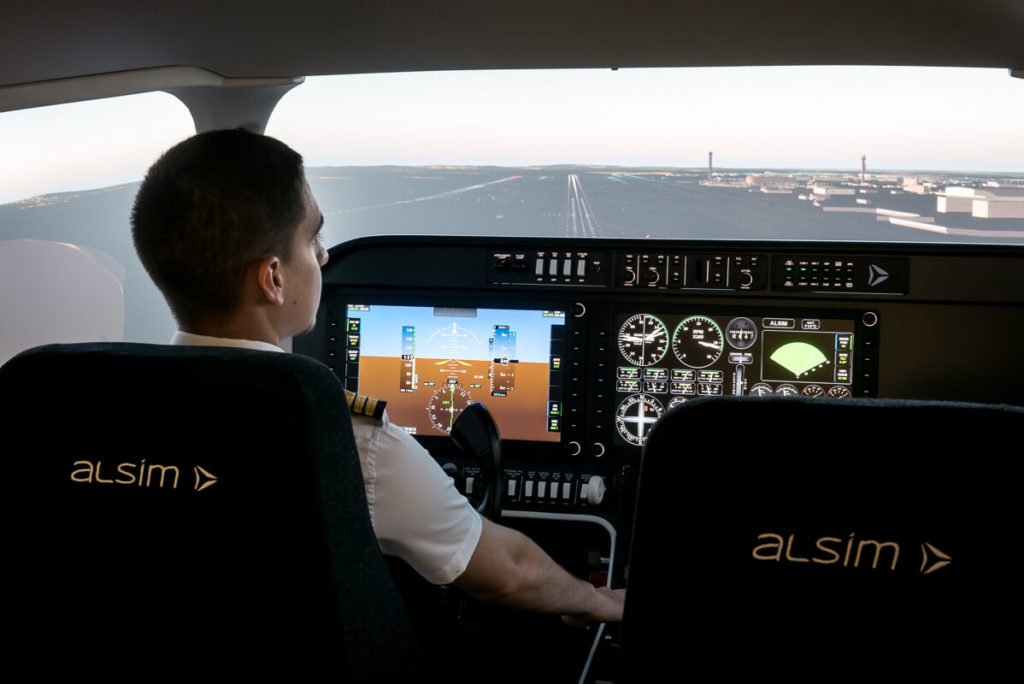
Kearns has been a staunch advocate for aviation within the university and has been extensively involved with its degree programs, established in 2007 in partnership with the Waterloo Wellington Flight Centre (WWFC) at the Region of Waterloo International Airport. Since their launch, enrollment in both the Geography and Aviation and Science and Aviation academic programs has grown steadily. In 2020, about 125 first-year student pilots were admitted. Today, Waterloo offers Canada’s largest university-level aviation program with around 300 students actively studying in the four-year curriculum.
The school’s graduates anticipated bright futures against the backdrop of a projected global shortage of pilots, maintenance personnel, and all manner of aviation support workers. At the beginning of 2020, the industry was expected to nearly double in passenger and cargo capacity by 2036.
Then, COVID-19 erupted in March of 2020. Kearns watched as her former students found themselves out of work and operators struggled to survive.
“I had been advocating for supporting young people and the pilot shortage, but the pandemic changed the narrative of what our industry is facing,” she explained. “I spent about a month thinking about how to support the industry. I realized I am an aviation person embedded in a university. So, I began to think about how I could mobilize research at the university to support the sector.”
To Kearns, the current industry slump is the perfect time to innovate for a successful future.
“From my perspective, aviation wasn’t sustainable before the pandemic,” she told Skies. “We were facing workforce shortages, growing environmental challenges, and the increasing integration of technologies like drones and artificial intelligence (AI). I think in aviation we were scrambling to figure out how these things could be integrated into our industry.”
She realized these themes of people, environment, and technology aligned with the three pillars of any sustainable industry: social, environmental, and economic. Then, the vision for WISA crystallized in her mind.
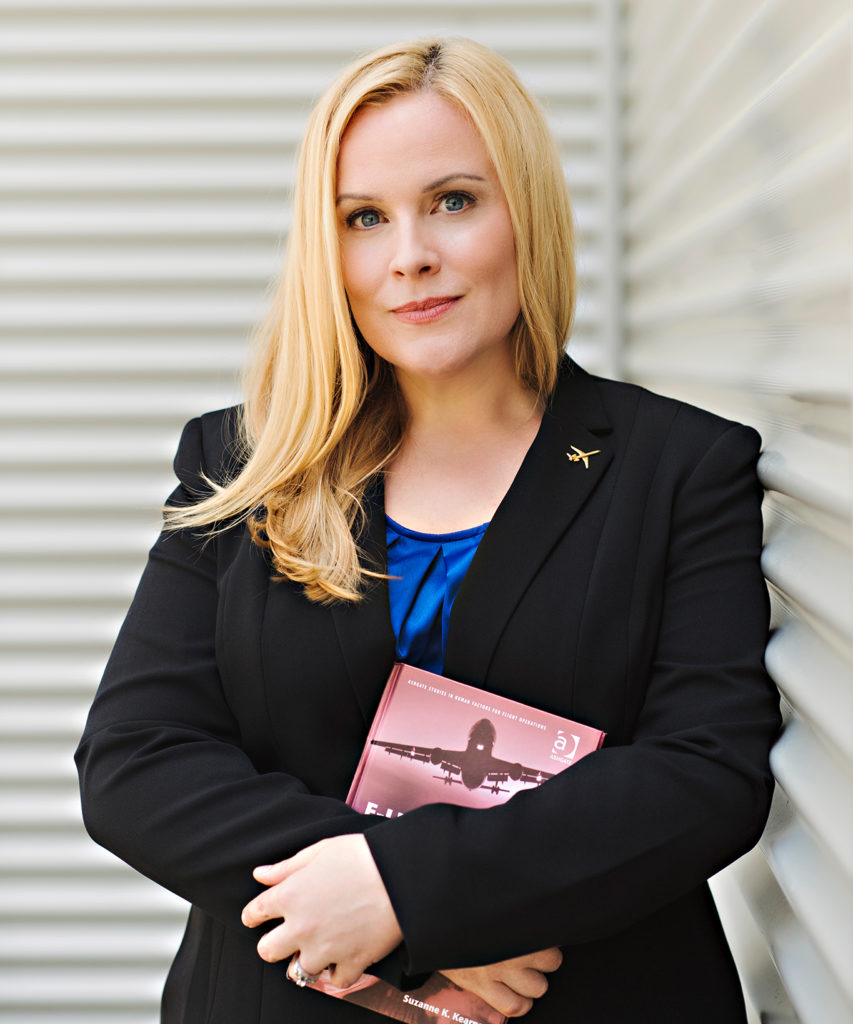
Kearns began pounding the campus pavement, meeting with hundreds of people over the last 18 months to build support for her vision. She was met with excitement from all faculties at the university, with the Deans of Environment, Science, Engineering, Health, and Arts, as well as the Provost, supporting the institute. More than 30 professors showed interest in leading labs of graduate students who will research everything from workforce development and electric training aircraft to machine learning and AI.
Now that it has been officially approved, WISA will serve as the school’s portal to all things aviation and aerospace. As a not-for-profit part of the university, the institute will support its research costs and graduate students through industry partnership revenue and grants. A few partnerships have been confirmed already.
Kearns explained WISA’s financial model: “If I was an operator or manufacturer having a challenge, I could come to the institute to work with professors to answer that question. If partners want to work with the institute, there are levels of sponsorship. We have seed funding for the first few years, but after that it’s up to the institute to show it’s providing value to industry.”
Kearns, who will be WISA’s director, will collaborate with three associate directors, each of them aligned with a pillar of sustainability. Dr. Elizabeth Irving will focus on the social sustainability pillar, which will research topics like human factors in aviation, competency-based education, and diversity and inclusion. Dr. Paul Parker will lead the environmental stream, looking at such topics as the development of electric training aircraft, sustainable aviation fuels, and more efficient airport design. Finally, Dr. Shi Cao will zero in on economic sustainability as it aligns with technology – figuring out how to apply the university’s extensive technology know-how to things like machine learning, drones, AI, and augmented and virtual reality.
In mid-June, WISA acquired an advanced Alsim AL250 flight simulator equipped with an engineering pack that will allow university researchers to collect precise data from a variety of training-related studies.
The university is building a marketing and communications plan for WISA, and a soft launch is expected later this summer — followed by a more official event in the fall. In the meantime, Kearns is busy assembling the institute’s board of directors and will be hiring a manager as well as a simulator technician.
She sees the new institute as a “living lab” where the university can mobilize its existing capacity and apply it to aviation and aerospace.
“Some of the big challenges we’re facing, we don’t have the tools for within aviation. So, let’s bring in leading experts with a unique set of tools, and create a more robust tool box to help our industry,” she said.
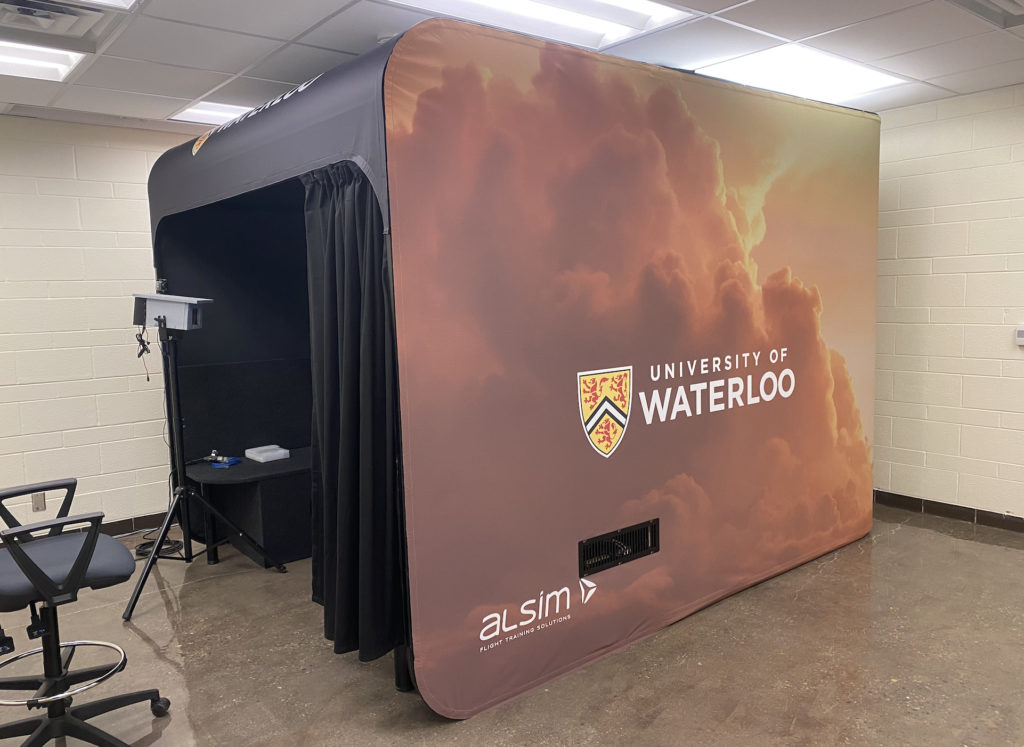
Beyond the research, Kearns looks forward to supporting the development of the industry’s talented next generation while ensuring its future.
“Sustainability for aviation is about the environment, but it’s much bigger than that,” she said. “We must meet the needs of today without sacrificing future generations’ needs. Environmentalism was far removed from the aviation culture when I was coming up. But the reality is, the increased use of sims and competency-based training hits all three levels of sustainability: social, environmental, and economic. You are training students in what they uniquely need, which tends to be less expensive for the learner. Sims are electrically powered so you reduce noise and carbon emissions, and they tend to have higher profit for the school. Together, we will come up with creative winning solutions.”
As the home of Canada’s largest university-level aviation program, the University of Waterloo has ready access to an ecosystem of researchers and student pilots.
“Academia can serve the industry – that is the message I’m trying to get across,” concluded Kearns. “There’s never been a better time to mobilize academia to serve the sector to support a strong recovery.”
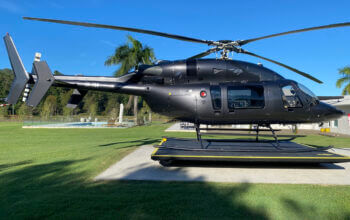



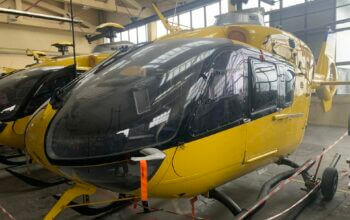
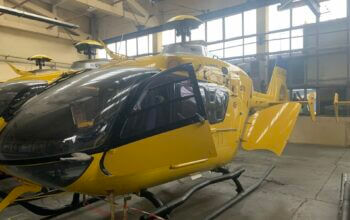
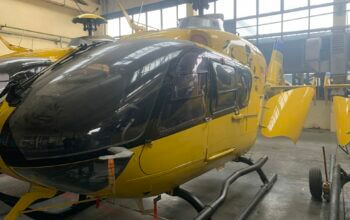
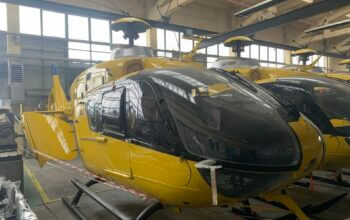

This is exactly what the aviation industry needs right now and it’s refreshing to see an organization taking the initiative to find solutions to ensure success for future generations.